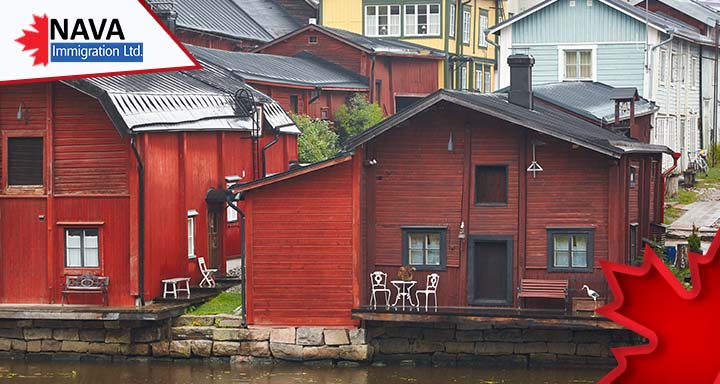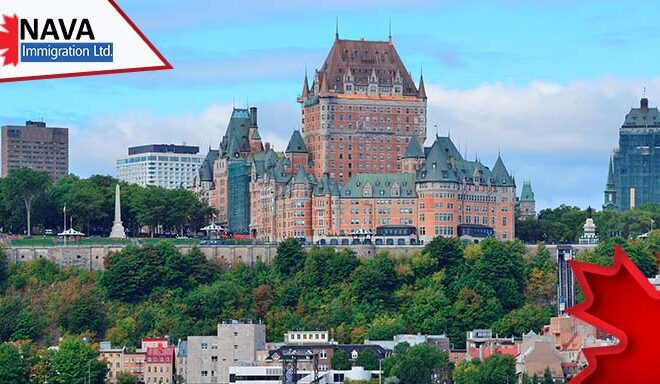IRCC’s Plan to Strengthen Community Support
Canada’s Immigration Minister Marc Miller revealed its plans to enhance Canada’s immigration system on October 31. Throughout the year, the country’s immigration department interacted with several stakeholders and the public to assist in leading reforms and establish a more robust immigration system. The following is IRCC’s Plan to Strengthen Community Support.
IRCC has been integrating this feedback to create its new immigration strategy, named “An Immigration System for Canada’s Future.”
IRCC’s strategy outlines several key initiatives aimed at enhancing Canada’s immigration system. These are as follows:
- Aligning labor market needs with the immigration system.
- Modernizing the immigration system to offer newcomers a streamlined and user-friendly process for submitting and monitoring their applications.
- Enhancing IRCC’s service standard for application processing.
- Encouraging francophone immigration in communities throughout Canada, especially outside Quebec.
- Facilitating smaller towns and communities in attracting and retaining new immigrants.
The new strategy also includes taking into account the services and support needed by both Canadians and new immigrants, such as housing and healthcare.
Moreover, According to the strategy, the key to an efficient plan for newcomers is to make sure that the immigration benefits are evenly distributed throughout the country, particularly in several smaller communities.
IRCC’s Plan to Strengthen Community Support
One of the primary goals of IRCC is to incorporate healthcare and housing planning as well as other critical services into the development of Canada’s immigration levels.
Each year, the IRCC specifies the total number of new PRs the country aims to admit in the upcoming three years. The department’s goal is to create a more integrated plan. This will help the federal government, provinces, territories, and municipalities to use these data to organize healthcare, housing, and infrastructure.
Additionally, IRCC intends to look into ways to encourage better support for newcomer integration and settlement into the country. In the strategy, IRCC stated that it intends to offer its users the right services at the right time. For this, IRCC will seek possibilities for funding strategies that can aid in improving partnerships between communities and expanding services in small, rural, and northern regions.
Moreover, the IRCC department expects to improve access to digital settlement services. Also, extend services by French-proficient individuals for Francophone new immigrants in communities where French is a minority language, especially outside Quebec.
Moving ahead, the department intends to examine possibilities for utilizing the financial investment of newcomers immigrating to Canada to encourage affordable housing. To attain this goal, the IRCC will assess and adjust the immigration pathway for foreign nationals. These are especially for individuals skilled in constructing new houses or interested in investing in construction in Canada.
Ultimately, the department intends to analyze the chances that will help it expand regional immigration. This entails a greater understanding of the strengths and individual requirements of smaller, rural, and French-proficient minority communities.
In order to attain its goal, the IRCC department intends to establish a permanent program called the Rural and Northern Immigration Pilot (RNIP). Also, it wants to explore more options to expand it to more communities throughout Canada.
RNIP is a community-based immigration program aimed at distributing immigration benefits to smaller communities. This creates a PR pathway for international individuals who intend to work and live in these communities in Canada.
In addition to this, IRCC will also establish a new French-based immigration policy. This will strengthen the French-proficient minority communities while also improving their demographic weight.
This policy will strengthen promotion and selection efforts. In addition, it will also assist French-speaking immigrants in settling and integrating into these minority communities.





